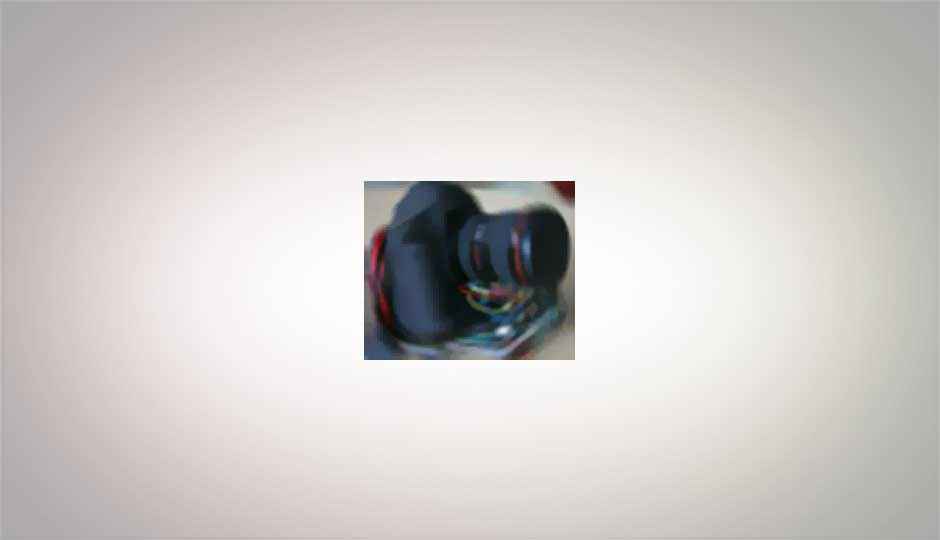Microsoft showcases magical technology that de-blurs blurry photographs

Microsoft has figured out an innovative way of applying special ‘aided blind-deconvolution’ algorithms to blurry images, which will automatically remove the blur by using the ‘inertial measurement sensors’ (gyroscope) on the camera. You might ask which cameras have gyroscopes on them? Well, none, apart from of course, the iPhone 4. We are sure this will lead to Windows Phone 7 handsets with gyroscopes!
Check out the abstract below, and Microsoft’s research site, here, containing a lot more images.
We present a deblurring algorithm that uses a hardware attachment coupled with a natural image prior to deblur images from consumer cameras. Our approach uses a combination of inexpensive gyroscopes and accelerometers in an energy optimization framework to estimate a blur function from the camera’s acceleration and angular velocity during an exposure. We solve for the camera motion at a high sampling rate during an exposure and infer the latent image using a joint optimization. Our method is completely automatic, handles per-pixel, spatially-varying blur, and out-performs the current leading image-based methods. Our experiments show that it handles large kernels – up to at least 100 pixels, with a typical size of 30 pixels. We also present a method to perform “ground-truth” measurements of camera motion blur. We use this method to validate our hardware and deconvolution approach. To the best of our knowledge, this is the first work that uses 6 DOF inertial sensors for dense, per-pixel spatially-varying image deblurring and the first work to gather dense ground-truth measurements for camera-shake blur.

